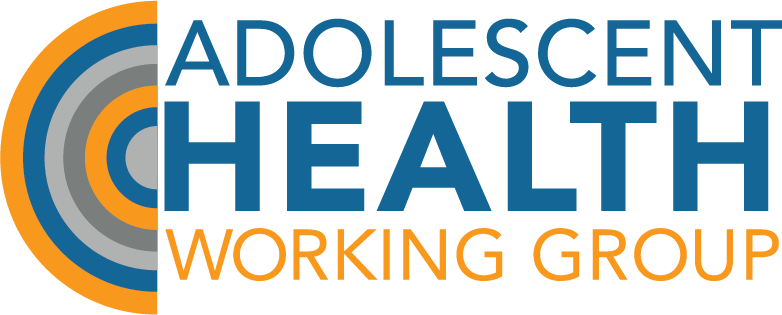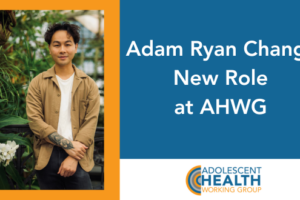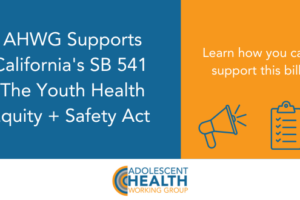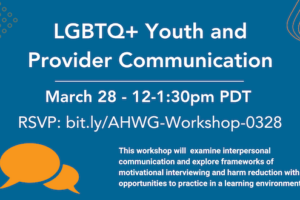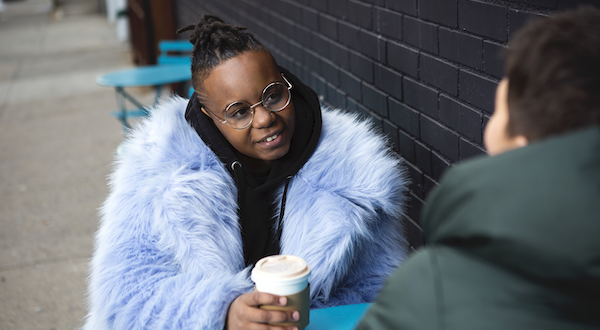
Social Distancing: It’s Time to Have the ‘Talk’
Visiting with loved ones should bring joy and excitement, but nowadays can cause guilt, anger, blame, and even fear. As the world continues to reopen, we need to reset our relationships by talking about practices to stay safe and healthy.
As a youth health advocate, I notice a connection between how we teach students to talk with partners about HIV and STIs, and approaches to conversations about social distancing. Students ask a potential partner, “When was your last HIV test? Mine was last month.” “Do you always use a condom or just sometimes? I use one anytime I have sex.” The goal is to empower students to ask questions that will protect their health. “It’s funny,” one friend pointed out, “Figuring out who you’ll let into your house is like determining who you’d hook up with.”
Just as “the talk” about sex may be awkward, speaking now with loved ones or (new) friends about getting together may seem fraught. Some people are willing to take risks, whether public health experts want them to or not. Instead of shaming them, we should treat conversations as opportunities to reduce potential harms. Here are some lessons from sexual health education to have more informative and constructive conversations about social distancing.
First, staying quiet doesn’t keep anyone safe. By feeling comfortable with asking questions, we can take the next step of categorizing activities as low, medium, or high risk. People can then make informed decisions in navigating social life.
Based on patterns from conversations about sexual health, here are some guiding questions and statements that can help start conversations in a social distancing world:
- “Have you been sheltering in place? How long? I’ve been sheltering in place for the past 7 weeks, but I finally went to my parent’s house yesterday because I ran out of food (and I miss them).”
- “Do you always wear a mask when you go out? I do too!”
- “Do you work from home? I’m a little neurotic because I still have to leave my home for work.”
- “I go through a bottle of hand sanitizer a week.”
- “I haven’t stepped foot outside of my home in a month.”
- “Do you wipe down all the groceries you bring home?”
- “Do you think COVID-19 is a hoax?”
- “Have you been spending time with people in person? What steps do you take to stay safe?”
- “I’m so glad we got to hang out. I’d love to see you again soon. Could we talk about whether we’ll be hanging out with other people? I’d feel more comfortable if we didn’t open our social circle too much.”
- “I’d love for my family to spend more time with your family during this time. Could we come to some agreement about what we can do to keep each other safe?”
We should be vigilant when it comes to COVID-19 and support social distancing, but we can also hope for a future where we are reunited. This possibility begins with dialogue.
Respect is key to reconnecting while we keep each other healthy. Let’s be kind to one another, share the safety measures that matter to us, and respect the lengths those around us go to keep themselves safe. Talking more openly about social distancing will allow us to make healthier decisions about visiting the local floral shop, sharing a meal at a restaurant, or having our family over.
Photo Credit: The Gender Spectrum Collection
